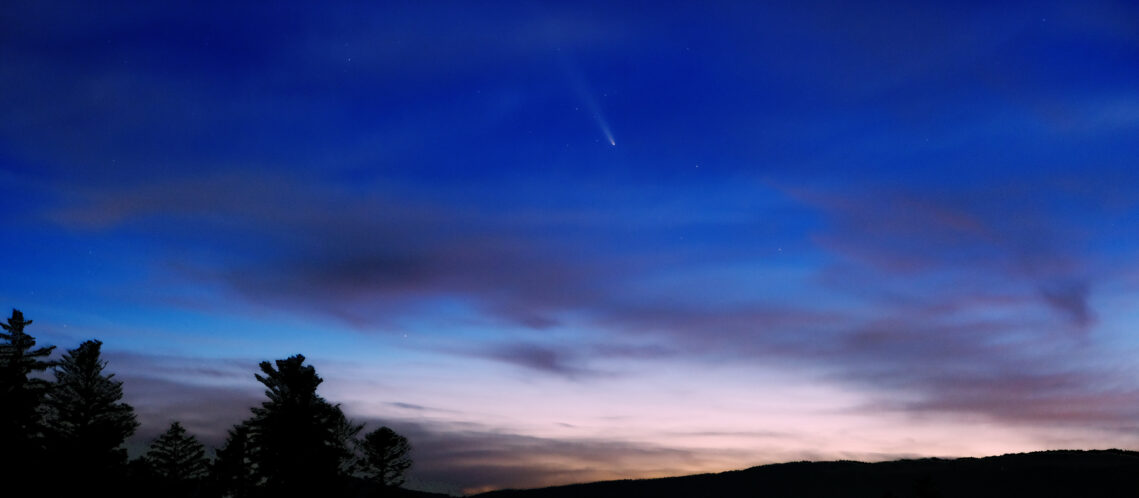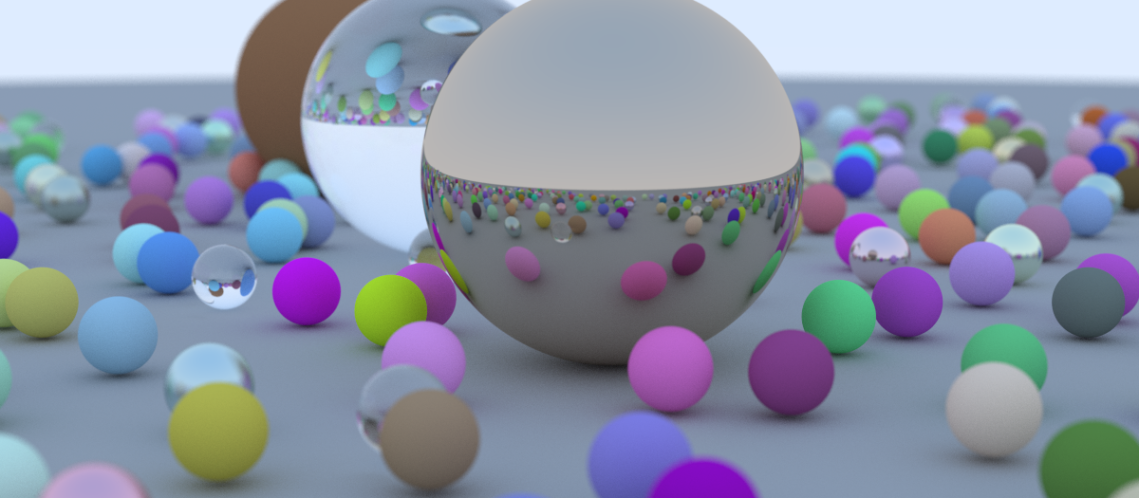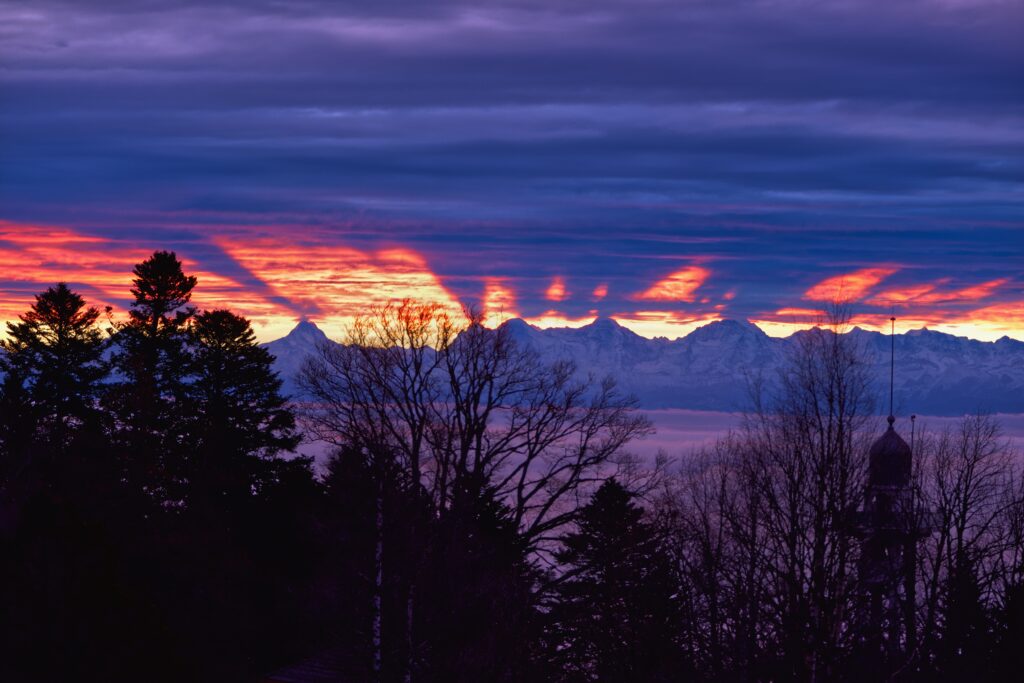I have a ridiculous problem at my home. When official letters come by, be it for taxes, salary, banking stuff, etc… I usually treat the letter, pay, read it, and then, I don’t know what to do with the letter. Can I get rid of it? Should I keep it? Till now, my option was to keep all of it (in case). And so over the years, I have accumulated a grand total of 3 archive binders that are filled with legal documents, contracts from my previous rents and others. But I have let the unprocessed documents accumulate on my …
Author: Mario Tonin
Missed the rare aurora again
This last year of 2024 was definitely the year of the auroras in Europe and especially in low latitudes such as France and Switzerland. With several nights where the sky turned red, a lot of people were lucky enough to see the phenomenon and photograph it. As you might now, I like the sky and I like photographing stuff in the sky. And yet I missed all those events, always with the same fashion. I usually check the aurora status using spaceweather, sometimes, I will log every day, but most times, I simply am not thinking about it, or I …
Tsuchinshan–ATLAS comet photos album

I have been following this new stargazer comet since the end of September. It was kind of a gamble to know if this comet would survive passing so close to the sun and survive. But thankfully, it did survive and what a spectacle it is giving us. It might not be as bright as Neowise in 2020, but this time, I have a better camera to capture it and the pictures are just amazing. Too bad the weather was so cloudy this week… These pictures and videos were taken with my Fujifilm XT4, with the 18-55 mm or the 50-140 …
Reflections on AKL 2024: The Impact of AI and Emerging Photonics Technologies
This year at the AKL Conference was prominently marked by discussions on Artificial Intelligence (AI). The rapid advancements in AI, significantly propelled by platforms like OpenAI and ChatGPT, have captured the attention of key decision-makers in leading companies such as Trumpf and Coherent. The plenary talk particularly emphasized the potential applications, implications, and the urgent need for Europe to act before falling behind. The debate highlighted concerns about the United States and China leading the way, while the European Union lags due to stringent regulations. A recurrent theme was the term “cyberphotonic,” which seems to blend photonics and virtualization, involving …
Methods for Cleaning Optics in the Lab and Industry
This post aims to provide comprehensive guidance on cleaning optical elements. While there is a wealth of information available online, particularly on suppliers’ websites, I want to consolidate all the knowledge I’ve acquired over the years working with lasers, fiber optics, and other optical equipment, including some tips and tricks. How to Clean an Optical Element Identifying the Optical Surface Is it a lens, a mirror, a filter, etc.? Optical elements can be categorized based on their material and the presence of a coating. Coatings play a crucial role: Identifying the Contaminant Contaminants can be broadly categorized into three types: …
Raytracing in Rust!

I have started a project that requires the use of a raytracer. Basically, I hope to make a library for rendering optical paths using raytracing and simulate the result that one would get by looking through the optical system. Hopefully, I would like to be able to write somewhere that I will have a couple of lenses here and there, give the parameters such as the refractive index and curvatures and diameters and get the resulting image on a focal plane. To do this, I need to start small, and I thought that the way to start small was to …
My Five-Month Journey with AI: Expectations vs Reality
So, 5 months ago, I have written a post about Artificial Intelligence and General Artificial Intelligence. You can see the tone from my first post was very optimistic, a little too much maybe, with the hope that things would accelerate soon. I have been using AI a lot recently and I want to report on my understanding of what AI can and can’t do and how to use it as effectively as possible. Small disclaimer: I have mostly used ChatGPT, and a little of the other Large Language Models (LLMs) like Bard and Llama, so I will mostly talk about …
How do big telescopes look through the atmosphere – Adaptative Optics 101

Continuing my series of post covering my talk from last Christmas about the use of lasers in space and astronomy. The topic today is adaptative optics. I’ll explain the reason why we need it, and how it works in simple terms. Enjoy. No surprise: telescopes are the main tool of astronomers. Since Newton, we have built countless telescopes of various sizes and shapes. And lately, we even send them to space. We have Hubble, the JSWT for the more famous, and a lot of other space telescopes less known. But why sending them to space? After all, space is difficult. …
What is the difference between a regular lamp and a laser? A brief history of Optics and Lasers

So this post and a bunch after this one are from a talk I presented at the end December on the topic of lasers in space and astronomy. The target the audience was members from astronomy groups in the region with some knowledge of optics but not necessarily lasers and the curious people that might be interested but have a physics background from high school. I tried to make it interesting for a wide audience, and I would say that it is accessible to some degree to someone in high school, maybe earlier? Anyway, the goal was to be entertaining, …
Crepuscular rays from Neuchâtel

Taken the 4th January 2023, with my Fujifilm XT4, XF50-140mm F2.8 R LM OIS WR, at ISO 160, f2/8, 80mm and 1/250s exposure.
It was a nice cold morning that day, with two layers of clouds, one at the surface of lake Neuchâtel, and another layer at approx 3000m. Just enough to touch the tip of some summits in the prealps. The sun was rising and started to cast some interesting shadows along the way. It is a phenomenon that is commonly called crepuscular rays.
Although the shadows are actually perfectly parallel to one another, perspective gives the impression that the shadows converge toward the sun.